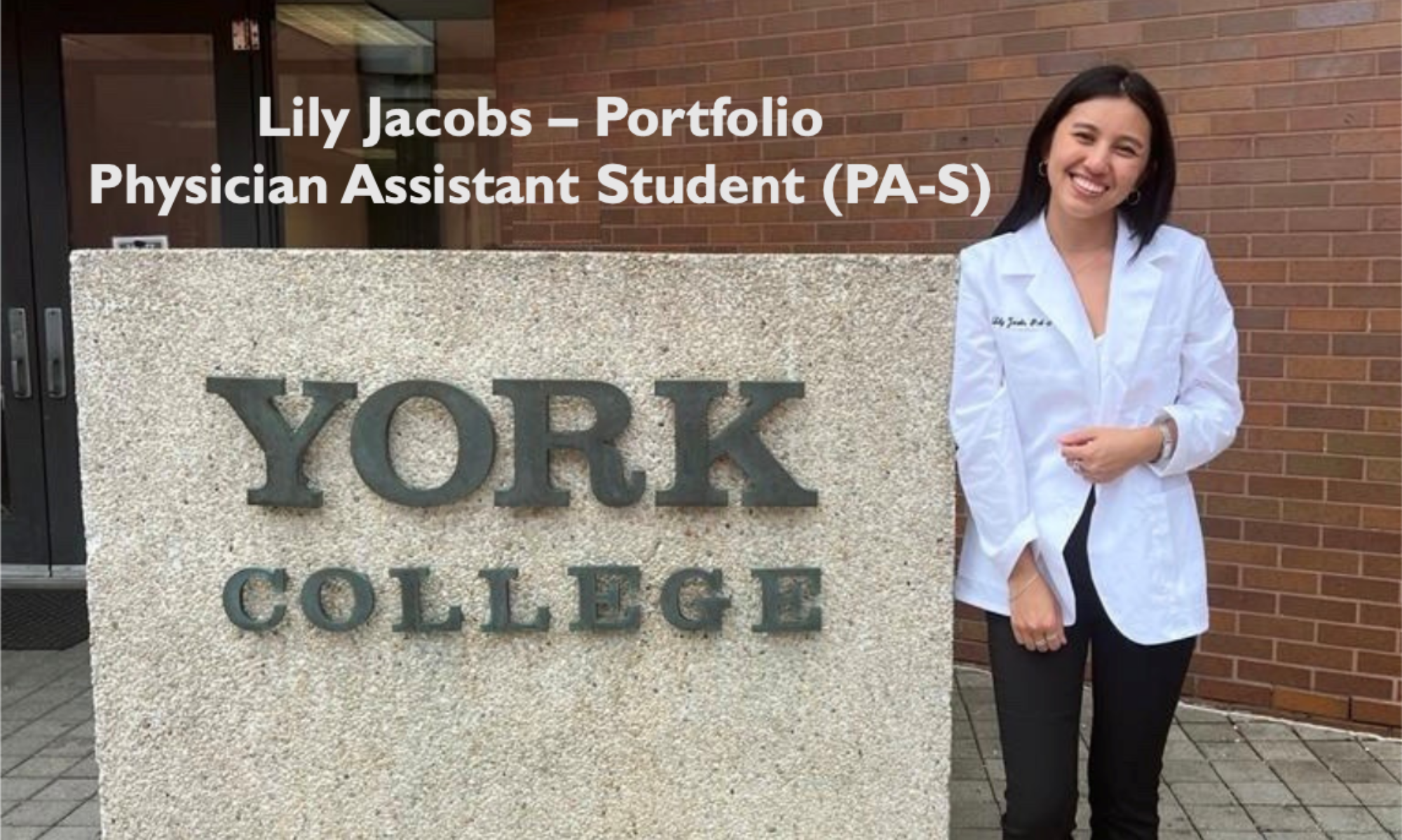During my internal medicine rotation, I found that it played a pivotal role in consolidating the foundational knowledge I had acquired during my didactic year of medical education. The real-world application of medical concepts and principles allowed me to bridge the gap between theory and practice. Working closely with experienced physicians, PAs, and other healthcare professionals provided me with valuable insights into patient care and complex decision-making processes. I really enjoyed the opportunity to collaborate with PAs in a primary role, as it greatly enhanced my understanding of team-based care and allowed me to witness the integral role PAs play in the healthcare system and the importance of interdisciplinary teamwork. I found Internal Medicine to be all-encompassing compared to the specialty fields I was in before, which allowed the providers to address and treat the entirety of a patient’s medical conditions. It highlighted the interconnectedness of various health issues, allowing for better management of complex cases and a more integrated and patient-centered care plan, including coordinating treatments and optimizing medication regimens. I enjoyed observing the consultations with other specialties and seeing how they will manage the patient.
During my overnight shift, I had the opportunity to acquire a new skill – conducting handoff procedures to the day-shift team from the night. Handoff is a crucial aspect of patient safety and care continuity, facilitating the important exchange of vital patient information including their condition, recent developments, pending tasks, and potential concerns. During my initial attempt, I realized I was overly detailed, presenting like I would in my site visits, and then learned that handoff presentations should be more informal while still effectively conveying essential information to the day-shift team, as it helps to reduce errors, prevent misunderstandings, and ultimately ensures a seamless and efficient delivery of healthcare services.
One of the standout weeks during my rotation was when I joined the stroke team. It provided me with a taste of the fast-paced environment of trauma care, which was entirely new to me. I found the experience invigorating, having to work urgently while maintaining a sense of order, especially when a patient was still within the time frame for potential tPA administration. I distinctly remember a patient who arrived with suspected head trauma and stroke-like symptoms. The stroke, neurology, and surgical teams gathered around the patient, rapidly gathering vital information from both the patient and EMS, while a nurse swiftly inserted an IV. The scene was initially chaotic, but it felt oddly quiet once the teams left, having ruled out a hemorrhage. It was during that moment that I first contemplated the possibility of working in such a dynamic healthcare setting.
Overall, my internal medicine rotation was a great experience that solidified my medical knowledge and emphasized the significance of collaborative healthcare practice.


